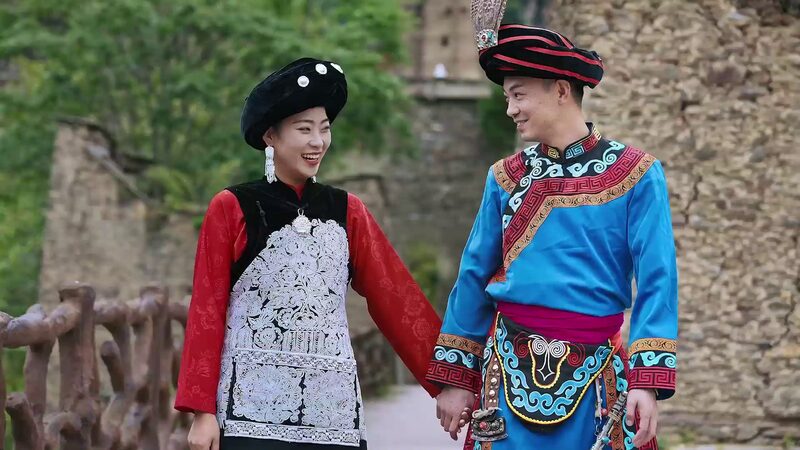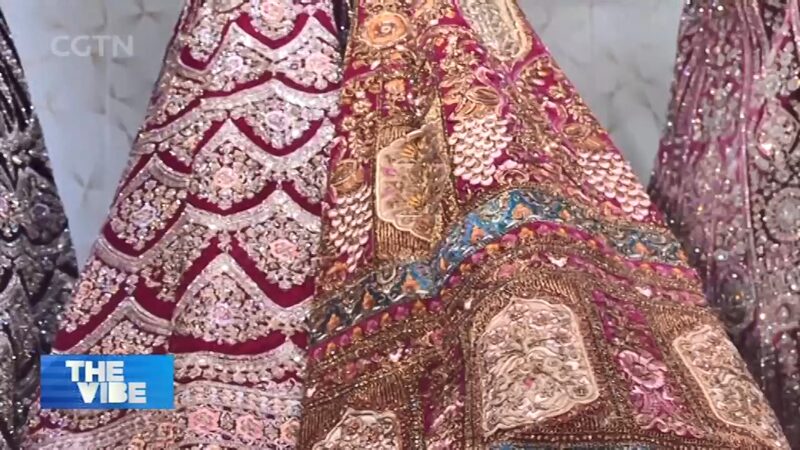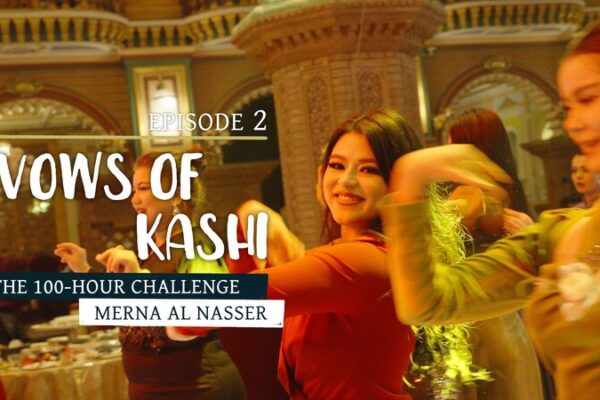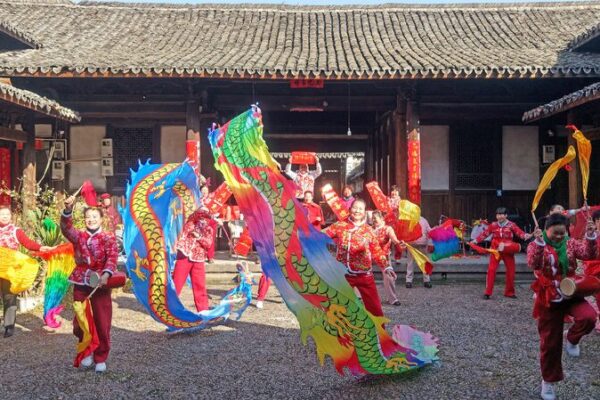Weddings are universal symbols of love and commitment, but the ways in which they are celebrated can vary tremendously across cultures. In China, the journey to the altar is as significant as the vows themselves, rich with traditions that have been passed down through generations.
Among China’s diverse ethnic groups, wedding customs are vibrant expressions of cultural heritage. From elaborate ceremonies to unique pre-wedding rituals, each group adds its own flavor to the celebration of love.
The Colorful Dai Weddings
In the southern regions of China, the Dai people embrace water as a symbol of purification and blessing. During weddings, it’s common to see joyful water-splashing festivities, where guests shower the couple with water to wish them happiness and prosperity.
The Horseback Proposals of the Mongolian People
In the vast grasslands, the Mongolian ethnic group holds onto traditions that echo their nomadic heritage. A suitor may express his intentions by riding a horse to the bride’s home, showcasing his valor and readiness to take on marital responsibilities.
The Nuptial Songs of the Zhuang People
Music plays a central role in the weddings of the Zhuang ethnic group. Couples engage in antiphonal singing, where they exchange songs filled with poetic expressions of love and commitment, creating a harmonious start to their lives together.
The Tujia’s Crying Marriage Song
One of the most intriguing customs comes from the Tujia people, where the bride participates in the “crying marriage song” ritual. For days before the wedding, she sings songs that sound sorrowful but are actually expressions of joy and gratitude towards her family.
These diverse customs highlight the rich tapestry of cultures within China. Each tradition not only celebrates the union of two individuals but also reinforces the community bonds and preserves the heritage that defines these groups.
In a world where modern influences are ever-present, these ethnic groups continue to honor their traditions, offering a glimpse into their history and the enduring power of cultural identity through the celebration of love.
Reference(s):
cgtn.com








